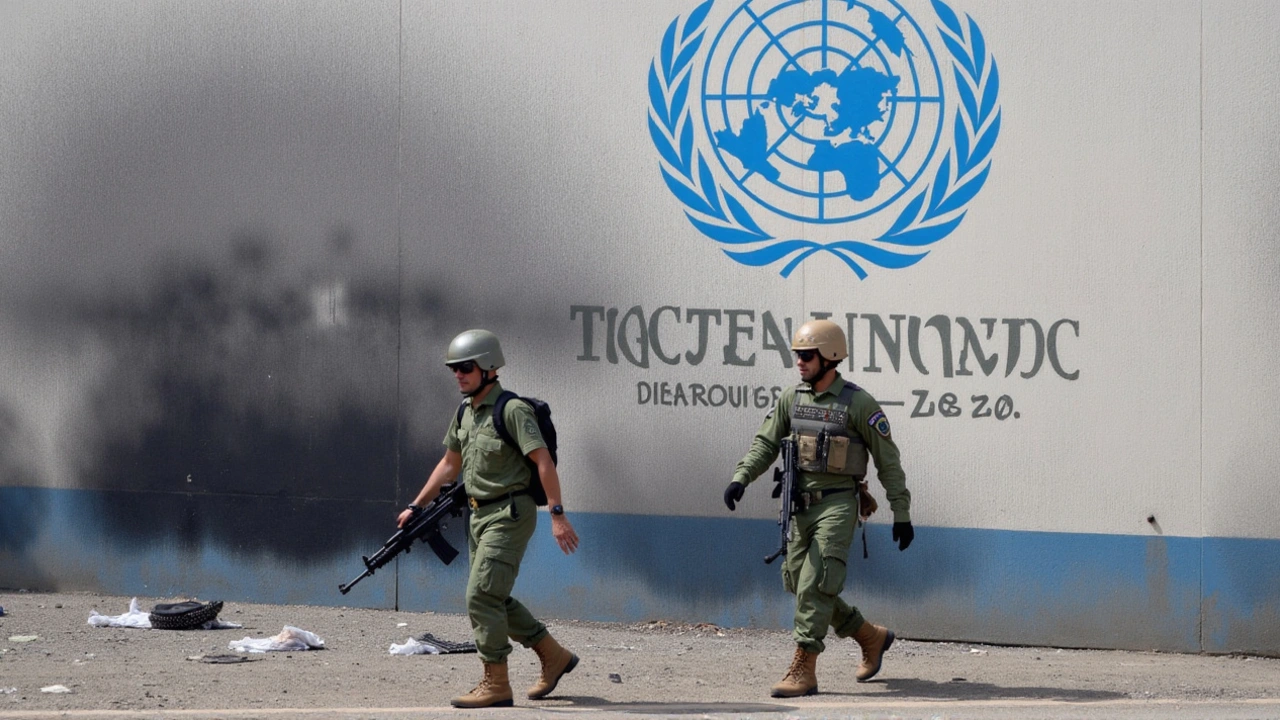International Condemnation: What It Means and Why It Matters
International condemnation happens when countries or global groups openly criticize actions that violate norms, laws, or morals. It’s a way to spotlight issues like human rights abuses, conflicts, or controversial policies. When a country or leader faces this kind of criticism, it often faces pressure to change or justify its actions.
This kind of global reaction isn’t just about shouting loudly—it can lead to real consequences. For example, nations might impose sanctions, suspend partnerships, or reduce diplomatic ties. But condemnation alone doesn’t always fix problems; sometimes it sparks debates on fairness and effectiveness.
Notable Examples of International Condemnation
Take the case of Saudi Arabia’s temporary visa ban for 14 countries during Hajj, following the tragic 2024 incident with overcrowding leading to many deaths. This move sparked widespread international criticism due to its impact on pilgrims from those nations and raised questions about how countries manage religious gatherings safely.
Another hot topic is Rwandan President Paul Kagame’s outspoken critique of South Africa’s role in the Democratic Republic of Congo’s conflict. His remarks at the Southern African Development Community Summit stirred controversy by accusing South African peacekeeping efforts of worsening the situation.
The Power and Limits of International Condemnation
International condemnation can push governments to think twice before taking harmful actions, especially if combined with tangible measures like sanctions or aid restrictions. Still, it depends a lot on the political will of global players and affected countries.
Moreover, sometimes condemnation gets politicized. It can be used as a tool for rivalries or to rally domestic support, which leads to mixed results. So, while it’s a crucial part of global diplomacy and public accountability, it’s not a magic fix.
Understanding these dynamics helps us see why world leaders and organizations choose this route and what impact it might have on peace, justice, and cooperation worldwide.
In an intensification of global dissent, Türkiye joins a chorus of nations condemning Israel's decision to ban the UNRWA. This move threatens to exacerbate the humanitarian crisis for displaced Palestinians and impede progress towards a two-state solution. As controversies pile up, international figures from the UN to European leaders voice their grave concerns over the implications of Israel's parliamentary decision.


 Sports
Sports